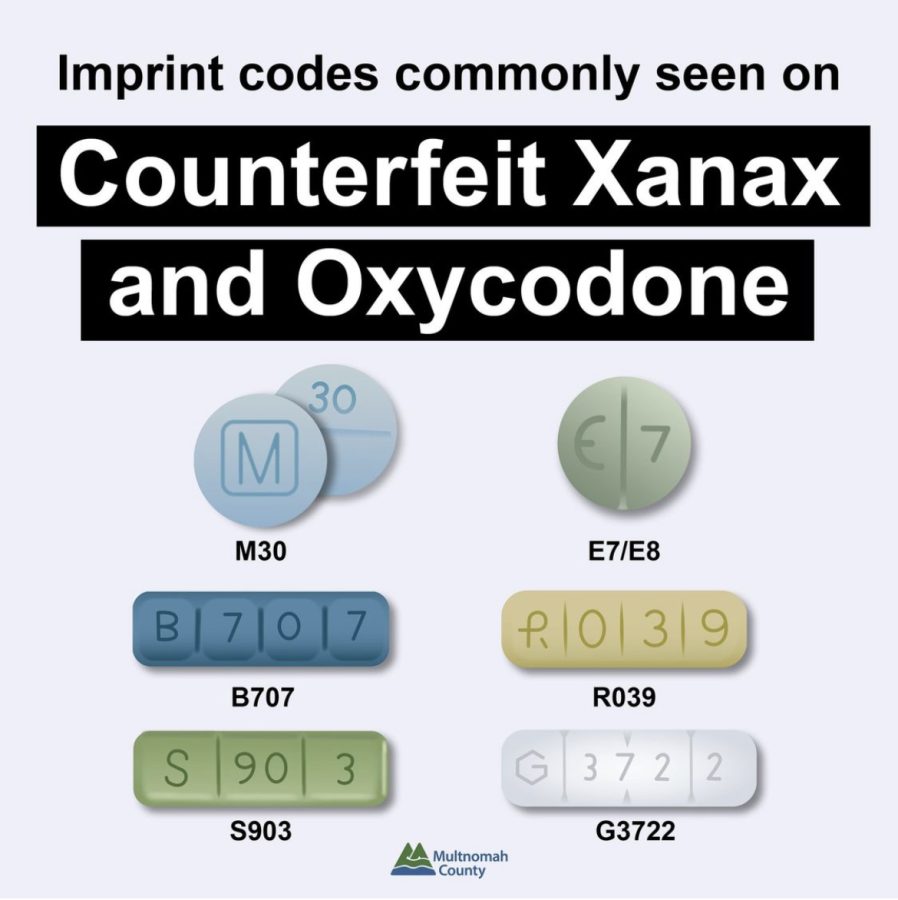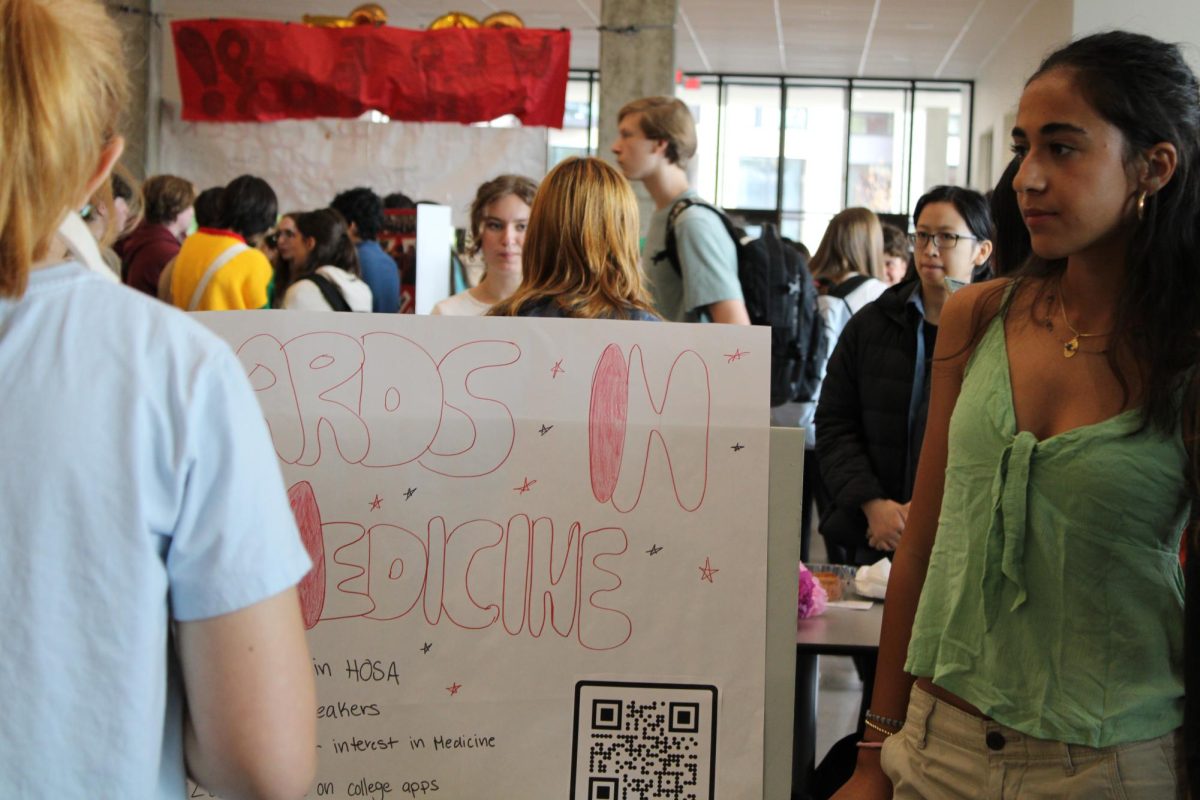Two PPS students die from suspected overdoses after taking fentanyl-laced blue pills
Portland Police are investigating the deaths of two teenagers from a suspected overdose of fentanyl. Fentanyl is up to 50 times more potent than heroin; It is odorless, tasteless and colorless.
March 12, 2022
On Mar. 6 and 7, two Portland teenagers died within 24 hours of each other from suspected overdoses caused by blue fentanyl-laced pills. Both students attended school in the Portland Public Schools (PPS) district.
“While these deaths did not happen at [Lincoln], no school community is immune to this real danger. These deaths are shocking, heartbreaking, and hard to comprehend and we need every adult to help protect our children and other people’s children from this danger,” Principal Peyton Chapman wrote in an email addressed to the Lincoln community. “These accidental deaths have occurred at private and public schools, urban and suburban schools, and involved athletes and artists, introverts and extroverts, and all were scholars. All were loved and our hearts are with all who are mourning and have mourned the loss of a child.”
Fentanyl is a synthetic opioid that can be up to 100 times more potent than morphine, according to an article published by OPB. A small amount can be fatal. An initial investigation by the Portland Police Bureau showed that both teenagers who overdosed had blue pills in their possession—known as M30s—which they may have thought were oxycontin or Xanax.
Following the tragic events, PPS sent a flier to families explaining the danger of fentanyl, and a “pill identifier” website. PPS is also urging parents and guardians to talk with their children about the risks of taking pills that aren’t prescribed to them.
For more resources, see below:
- SS&H Substance Use Services webpage
- Local Tri-County overdose prevention resources
- This is a lesson for students about substance use and fentanyl.
- This is a video created by the Vancouver BC School District that is short and filled with clear information about fentanyl and overdose prevention.
- This is a flier made by PPS for schools to post, so that students and families can access services confidentially.
- Lincoln’s social workers, school nurse and school counselors are resources for students seeking support related to substance abuse (social work department website).
- PPS recently added three Certified Alcohol and Drug Counselors (CADC’s) to consult and meet with students and families and provide information, education, counseling and other support. To access a CADC, please click here.
“There is nothing more devastating than the loss of a child to a family or a school community. We are all on high alert as the local market has been flooded with laced fentanyl,” Chapman wrote. “Please, please, please share these resources with anyone who can help educate our young people and other families about the dangers of taking any pills that have not been directly prescribed to them.”





